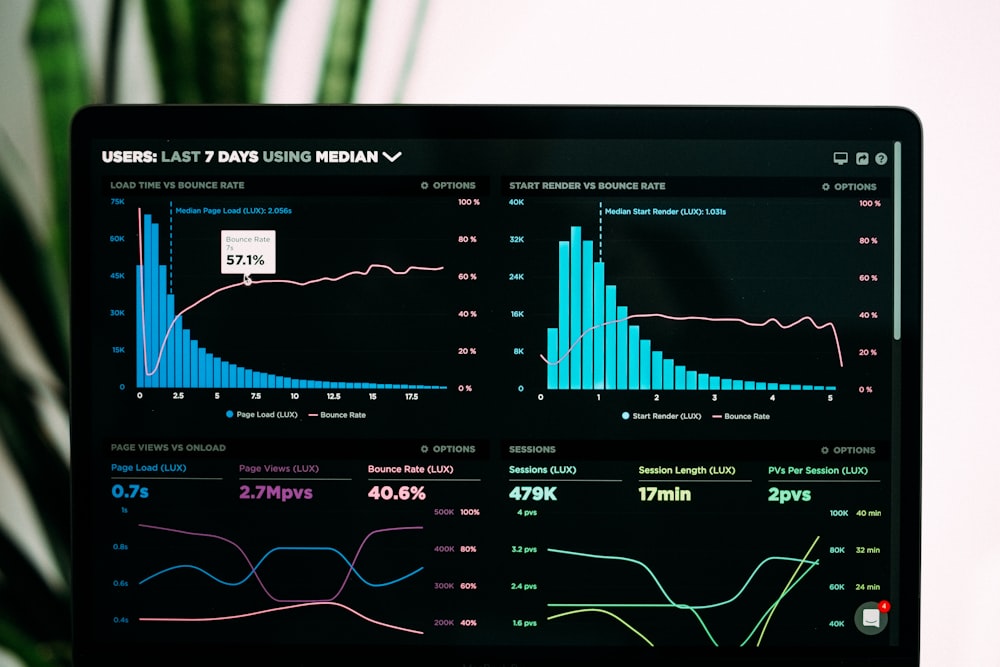
AI-Driven Retail Analytics: Transforming Data into Profit
The Analytics Revolution in Retail
The retail industry is experiencing a fundamental transformation driven by artificial intelligence and advanced analytics. Traditional retail analytics provided historical insights, but today's AI-powered solutions offer predictive and prescriptive capabilities that can dramatically impact profitability.
Retailers who leverage these technologies gain significant competitive advantages through more informed decision-making and automated optimization.
Key AI Applications in Retail Analytics
- Demand Forecasting: AI algorithms can predict future product demand with remarkable accuracy by analyzing historical sales data, seasonal trends, weather patterns, economic indicators, and even social media sentiment.
- Dynamic Pricing: Sophisticated pricing engines optimize prices in real-time based on demand patterns, competitor pricing, inventory levels, and customer behavior.
- Customer Segmentation: AI can identify nuanced customer segments and personalization opportunities that go far beyond traditional demographic groupings.
- Inventory Optimization: Machine learning models ensure optimal stock levels across locations by predicting demand variations and supply chain disruptions.
- Store Layout Optimization: Analysis of in-store traffic patterns and purchase data can guide merchandise placement for maximum sales impact.
Implementing AI Analytics in Your Retail Business
The journey to AI-powered retail analytics typically follows these stages:
- Data Foundation: Establish a robust data infrastructure that collects and centralizes data from all relevant sources, including your POS system, e-commerce platform, loyalty program, and inventory management system.
- Analytics Maturity: Build capabilities from descriptive (what happened) to diagnostic (why it happened) to predictive (what will happen) to prescriptive (what should be done).
- Technology Selection: Choose appropriate AI and analytics tools based on your specific business needs, existing technology stack, and internal capabilities.
- Team Development: Either build internal data science expertise or partner with specialized providers who can implement and maintain advanced analytics solutions.
- Change Management: Foster a data-driven culture where decisions are consistently informed by analytical insights rather than intuition alone.
Real-World Success Stories
Leading retailers are already achieving remarkable results with AI-driven analytics:
- A fashion retailer reduced inventory costs by 30% while increasing product availability through AI-powered demand forecasting.
- A grocery chain implemented dynamic pricing that increased profit margins by 2.5% without negatively impacting customer perception.
- A specialty retailer used customer segmentation to deliver highly targeted marketing campaigns, achieving a 40% increase in campaign ROI.
Integration with E-commerce and POS Systems
For maximum impact, AI analytics should be tightly integrated with your operational systems. Connecting your analytics platform with your e-commerce solution and in-store systems enables real-time data flow and automated action.
Modern payment processing systems can also provide valuable data for your analytics engine, offering insights into payment preferences and transaction patterns.
The Future of Retail Analytics
The next frontier in retail analytics includes:
- Computer Vision Analysis: Using in-store cameras to analyze customer behavior and store operations.
- Voice Analytics: Deriving insights from customer service interactions and voice commerce.
- Autonomous Decision Systems: AI systems that can make and execute business decisions with minimal human intervention.
Conclusion
AI-driven retail analytics represents a transformative opportunity for retailers to turn their data into a sustainable competitive advantage. By implementing these advanced capabilities, retailers can optimize operations, enhance customer experiences, and significantly improve profitability.
To explore how AI analytics can be integrated with your business communication strategy, read our article on WhatsApp API for business.
